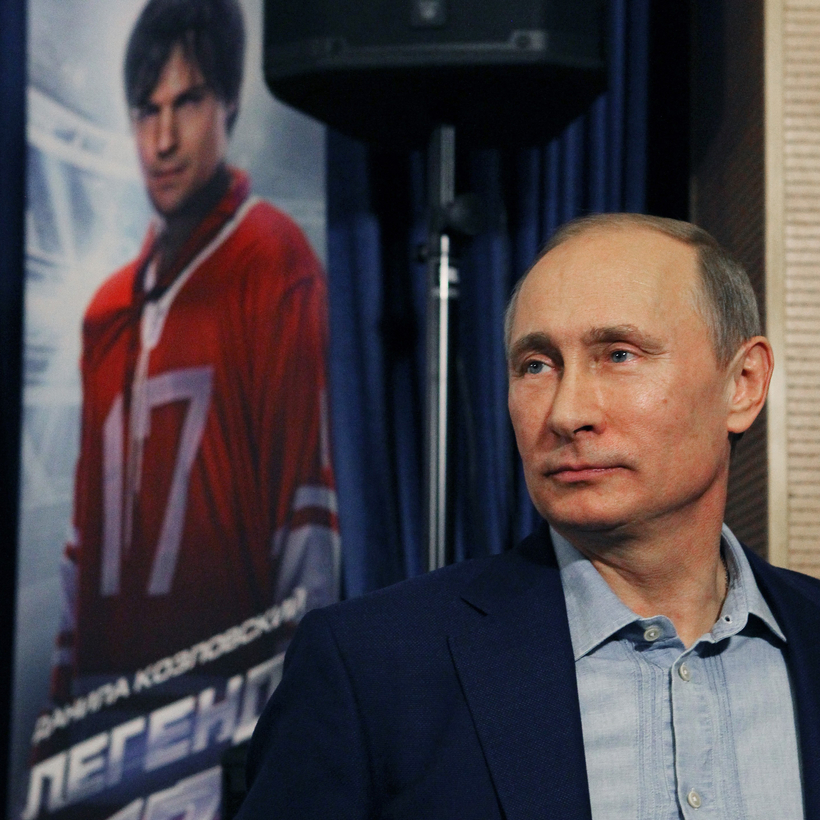When the mini-series Chernobyl premiered on HBO, its historical rigor and verve elicited a collective sigh from a better part of the Russian film world: This should have been us. We should have made this. The surge of admiring envy was so total that it seemed certain to bear fruit—some of it inevitably radioactive. NTV, a state-owned network specializing in trashy procedurals, has already green-lighted a series about C.I.A. spies “sabotaging” the Chernobyl plant.
This would not be the first time that a single Hollywood production changed the entire course of the Russian film industry. The last time it wasn’t a groundbreaking feat of docudrama, however. It was a cheesy movie starring Kurt Russell as a crabby hockey coach.


